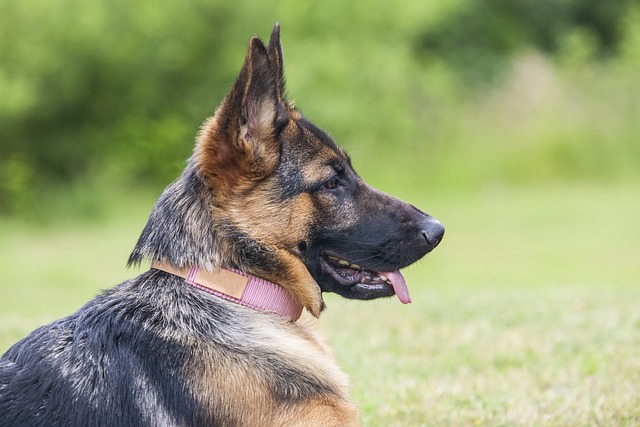
What is glaucoma in a dog?
You might notice your dog squinting more at mealtime or avoiding bright sunlight—these small changes could be early signs of a serious eye condition.
It’s a sweltering July afternoon in Phoenix, and you’re midway through a walk with your rescue terrier, Charlie, when he suddenly plops down on the sidewalk—unusual, since he usually pulls toward the park. His tongue hangs longer than normal, pink and floppy, and when you kneel to check, his paws feel hot through your palm. This might not just be “tiredness”—heat exhaustion in dogs creeps up fast, and knowing the early signs could save his day. Unlike humans, dogs can’t sweat much; they release heat through panting and paw pads, which makes them way more prone to overheating when temps top 85°F.
Notice if their breathing sounds different—short, rapid pants that sound strained, like they’re trying to catch air in a closed room. Charlie’s eyes might look glassy, and his gums could turn bright red instead of their usual pale pink. My neighbor in Austin learned this the hard way with her husky, Luna, who started drooling excessively during a midday hike—by the time they got back, her saliva was thick and ropey, a classic early sign. If you spot this, act fast: carry them to shade (under a park tree works, but avoid hot car interiors—even with windows cracked, temps spike in minutes). Wet a bandana with cool (not icy) water and drape it over their neck; cold water can shock their system.

Apartment dwellers, pay extra attention—on sticky Chicago days, AC units strain, and a stuffy 7th-floor unit can feel like a sauna for a bulldog or pug, breeds with flat faces that struggle to pant efficiently. Keep their bed by a fan, and freeze a water bowl overnight so it stays cool longer. When heading out, test pavement with your hand—if it burns after 5 seconds, it’ll scald their paws. Stick to grassy areas in the community park, and always pack a collapsible bowl and poop bags—cities like Denver fine $100+ for unbagged waste, even in heat.
Remember: never drag a tired dog to “finish the walk.” Positive reinforcement means praising them when they keep moving, not yanking the leash—force only stresses them more, raising their temperature. And while you’re at it, confirm their rabies vaccine is up to date—most public parks require proof, and a quick check at your vet’s office keeps you compliant. By the time the sun dips below the horizon, Charlie’s panting should slow, and he’ll nuzzle your hand for a treat. That’s the goal: noticing the small changes before they become big problems.

You might notice your dog squinting more at mealtime or avoiding bright sunlight—these small changes could be early signs of a serious eye condition.

Let’s set the scene: It’s a sweltering Phoenix afternoon—105°F outside—and you rushed your 2-year-old Lab mix, Cooper, on a quick walk to “get it over with.”

Let’s get real: You’re in your Miami apartment, watching your 3-year-old Corgi, Loki, struggle to climb the stairs to your second-floor unit.

Many dog owners brush off occasional scratching as just “dog behavior,” but persistent itching often signals something more—like a food allergy.

You might first notice your dog scratching more than usual—chewing at their paws until the fur looks thin, or rubbing their face against the couch nonstop.

Let’s be real: You’re standing in your Chicago apartment, watching your 3-year-old Beagle, Max, huff and puff just to climb onto the couch.